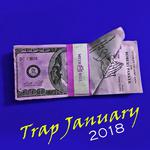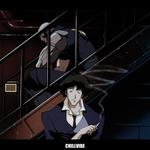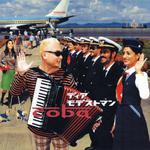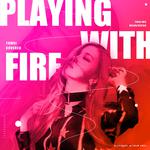姓名: АлександрБашлачев 英文名:- 性别:男 国籍:- 出生地:- 语言:- 生日:- 星座:- 身高:- 体重:-
Artist Biography by Sabrina Jaszi
In his short but brilliant career, rock poet Alexander Bashlachev served as a liaison between the bard music popular in the U.S.S.R. from 1950-1980 and the subsequent rock & roll movement of the '80s and '90s. Matching his lyrics with guitar melodies inspired by Vladimir Vysotsky and Bulat Okudzhava, Bashlachev bridged artistic genres, introducing the idealism and integrity of Russian poetry and prose into popular music. Bashlachev's music and lyrics affirmed the uniqueness of the Russian people in their ability to retain their individuality in the most trying times, and inspired other musicians to persist through unthinkable oppression by the official sector. The poet himself ended his own life just short of the collapse of the U.S.S.R.
Born in the provincial town of Cherepovetz on May 27, 1960, Bashlachev first caught the attention of rock journalist Artyom Troitzky in 1984 while performing in his hometown. Like all musicians of the day, Bashlachev performed at house parties known as kvartirniks because of the government's official stance against rock music. Troitkzy brought Bashlachev back to Moscow and Leningrad to perform; that winter the musician relocated permanently to Leningrad. He first appeared on a public stage together with Yuri Shevchuk of the group DDT, and he went on to play frequently at the Leningrad Rock Club and at the Fifth Leningrad Rock Festival. In 1987 he stopped producing new work, refusing participation in several documentary film projects, and appearing less in public. He committed suicide on February 17, 1988, by jumping from a ninth-floor window.
Bashlachev's legacy amounts to no more than a tome of crude recordings and a small handful of his collected lyrics, but his work has had an monumental impact upon fellow musicians. Grazhdanskaya Oborona's founder, Egor Letov called his music, "dreadful, bright, and aggressive with no connection to aesthetics...a kind of voodoo that he found in his soul." His most well-known song, "Vremya Kolokol Chikov" (The Time of Little Bells), relates his contemporary milieu to a treasured time in his country's history, before Tsar Peter I brought Western bureaucracy to Russia, laying the foundations for the Soviet regime. It resonates the unadulterated strength of the Russian spirit, paying homage to traditional symbols of the culture such as birch trees, feasts, vodka, troikas (horse carriages), and bitter cold. Bashlachev wanted the same "bells" of this fabled time in his country's history to ring true in the discordance of rock music. By his example, and that of the culture, many rock groups of the '80s did have a particularly moral tint, but after the break of the Soviet Union, the scene (with a few exceptions) was taken over by an aesthetic crisis and inane pop music.











